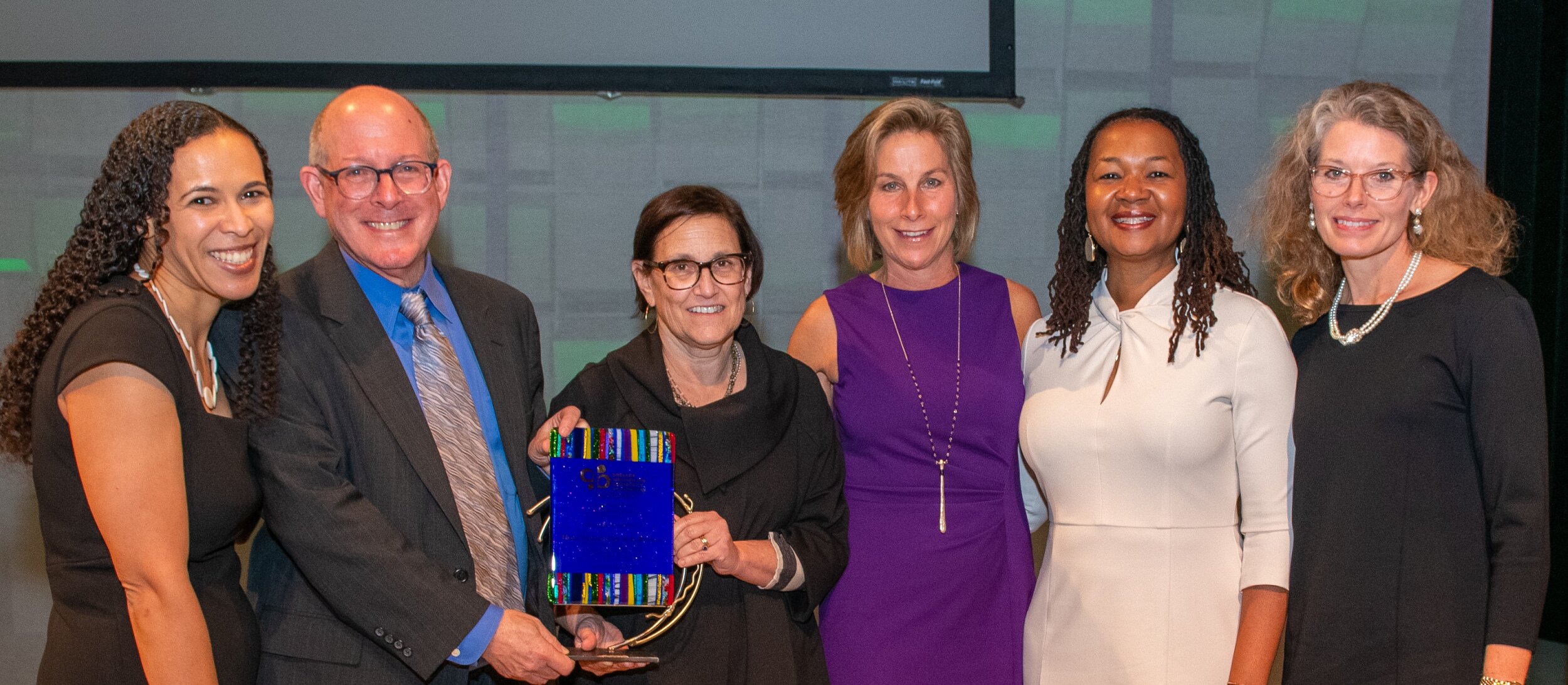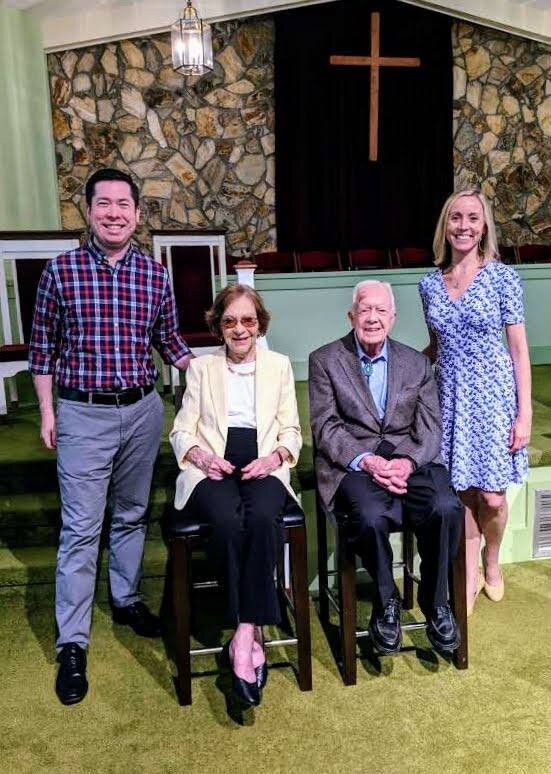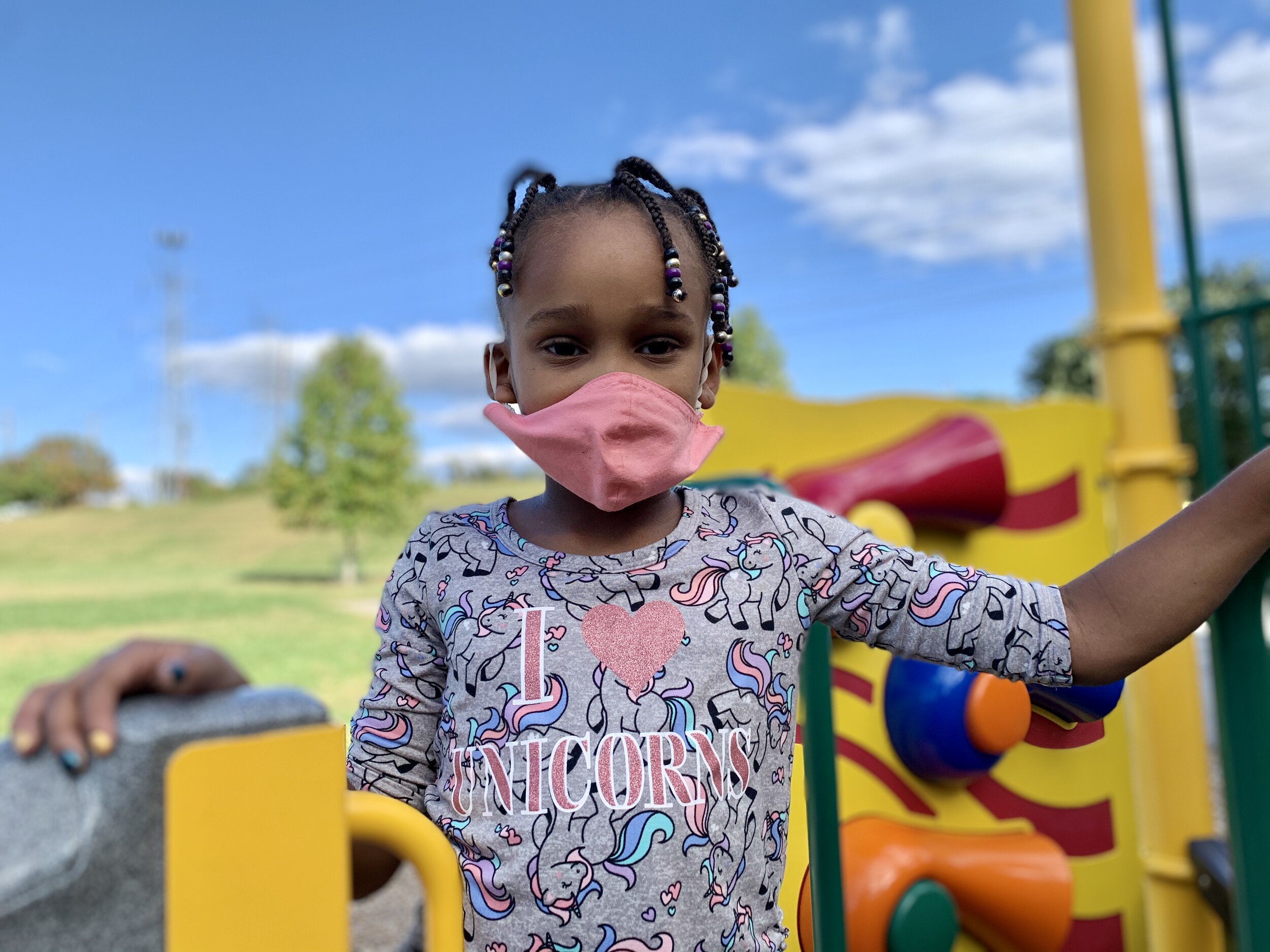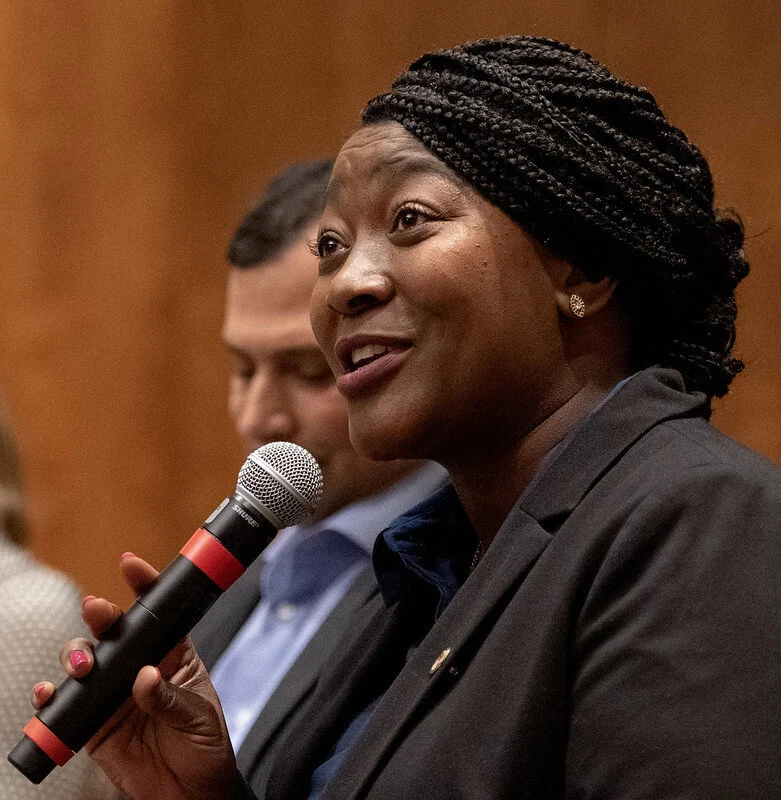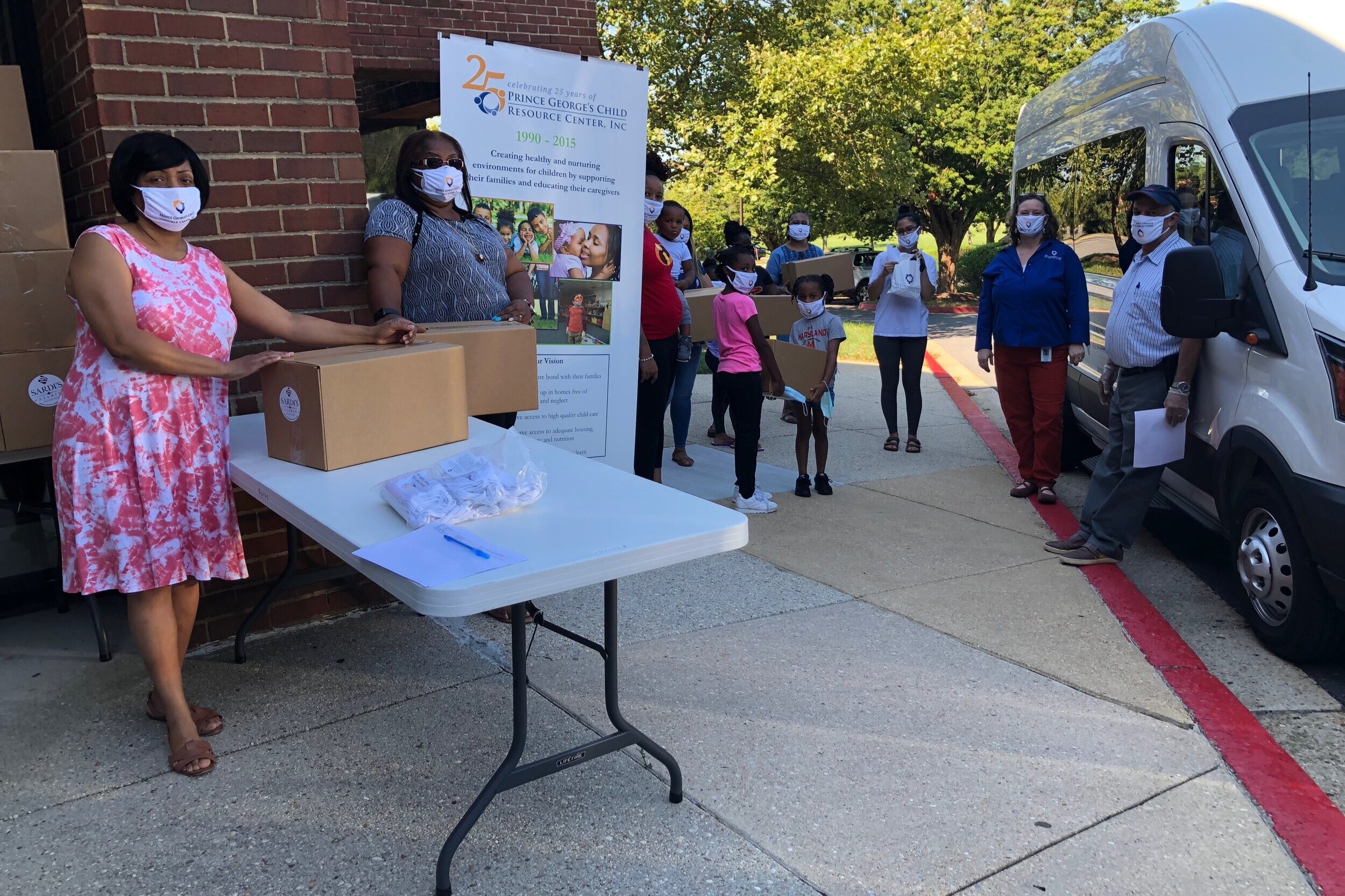Dear Mayor Bowser:
We are writing on behalf of the Greater Washington Community Foundation and its Partnership to End Homelessness Leadership Council to thank you for your deep commitment to addressing homelessness in DC, and to offer our endorsement for bold action in the fiscal year 2022 budget to make substantial investments in ending homelessness and in affordable housing. As you know, the Partnership is a collective effort of business leaders, philanthropists, and national and local nonprofits working to ensure homelessness in DC is rare, brief, and non-recurring.
The pandemic and economic crisis have made it crystal clear that stable affordable housing is the foundation of healthy communities. Thousands of residents, nearly all of them Black or Brown, have faced the risks of COVID-19 without the dignity or safety of a home, and even more have lost jobs and are at risk of eviction and homelessness. The economic impacts of the pandemic affect all of us.
We believe that now is the time to make bold investments to alleviate the suffering and address the economic damage caused by the pandemic - and to take on the longstanding inequities that made the District and its residents vulnerable in the pandemic. The Community Foundation and The Partnership urge you to put forward a budget that assertively works to end chronic homelessness, protects our unsheltered neighbors, and that makes a significant investment in affordable housing for DC’s lowest-income households, which is the long-term solution to ending homelessness.
We acknowledge that the challenges of homelessness and affordable housing are great but also recognize that the District is a prosperous and caring city, with the resources and the leadership to be an example to the entire nation for racial justice and housing equity.
As leaders in the business, philanthropic, and nonprofit sectors, we write with both a moral call to action and a keen sense of what is best for the District’s future. Addressing homelessness and investing in deeply affordable housing is a matter of racial equity and social justice, and also a matter of efficient use of DC’s resources and building a healthy and growing city for all of us. As a result of decades of discrimination and systemic racism, nearly all of DC’s low-income renters with affordable housing needs are Black and Brown, as are nearly all DC residents facing homelessness. Addressing the housing needs of these residents is a key step to repairing the damage of systemic racism.
Our entire community and economy are stronger when everyone has stable, affordable, and decent housing. The strongest research shows that permanent supportive housing enables the most vulnerable residents experiencing homelessness to put their lives in order, and actually saves money by reducing reliance on costly emergency services. Affordable housing provides stability and security that contributes to better health, safety during pandemic, better nutrition, reduced stress and overall better mental health, workers who are able to get to their jobs, improved school outcomes for children, and more.
The DC budget for Fiscal Year 2022 is perhaps the most consequential in our city’s history; the choices made will shape our recovery from the pandemic and have long-lasting impacts on the District’s vitality.
We align with the recommendations of our advocacy partners in calling on the District to use the Fiscal Year 2022 budget for bold action on our deepest inequities, especially homelessness and affordable housing.
End Homelessness
Invest $100 million to end chronic homelessness for 2,761 individuals and 432 families.
Grow Project Reconnect, the diversion program that helps individuals quickly exit from homelessness.
Ensure neighbors living outside are connected to crucial outreach services by funding at least at the FY 2021 level.
Continue to fund the Re-entry Housing Pilot for Returning Citizens at $1.8 million.
Ensure that every person who is at high risk of dying of COVID-19 is offered a placement in non-congregate shelter.
Provide Short-term Assistance to 1,820 individuals, including high-quality client-centered case management, rental, and other forms of financial assistance, and income supports and support with housing search.
Invest in Deeply Affordable Housing
Use federal stimulus funds to purchase hotels that can be used as non-congregate shelter during the pandemic and converted to Permanent Supportive Housing (PSH) in the long term.
Expand Emergency Rental Assistance Program (ERAP) to support tenants who have been unable to pay rent and may not qualify for other rental assistance to at least $100 million.
Invest $60 million in public housing repairs to adequately address the ongoing maintenance and repair.
Maintain stable funding for the Housing Production Trust Fund of at least $104 million.
Invest $4 million in the Affordable Housing Production Fund to preserve affordable housing throughout the District.
Invest $17.33 million to provide tenant vouchers to 800 families.
Maintain $5 million in investments in the project-based component of the Local Rent Supplement Program (LRSP), to ensure the Housing Production Trust Fund serves extremely low-income residents (those below 30 percent of Area Median Income).
We believe everyone deserves the dignity and safety of a home that they can afford. We believe that together we truly can end homelessness, and that DC will be stronger and better when we all come together to achieve that. Thank you again for your leadership. We urge you to make 2022 the year that DC makes bold and significant investments to end chronic homelessness and to increase the supply of deeply affordable housing.
Sincerely,
David Roodberg
CEO and President, Horning Brothers
Partnership to End Homelessness, Leadership Council Co-Chair
Tonia Wellons
President and CEO, Greater Washington Community Foundation
Partnership to End Homelessness, Leadership Council Co-Chair


